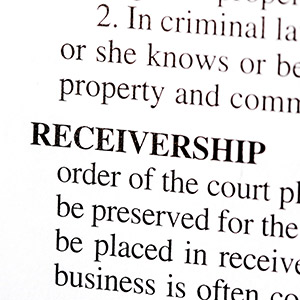
Sotheby’s allowed several customers—including two who bought jewelry—to avoid paying sales tax by improperly using resale certificates for personal purchases, according to an April 21 filing by the New York State attorney general’s office.
A resale certificate, known as a form ST-120, exempts buyers from paying sales tax if they will resell an item. It is not intended for items purchased as personal property.
The new allegations, first reported by Bloomberg, follow a civil suit the attorney general filed in 2020, which charged that the auction house helped a notable art buyer avoid sales tax by portraying himself as a dealer, rather than a collector.
In its new filing, the AG’s office wrote: “Sotheby’s own documents reveal that it failed to follow the resale certificate rules in connection with transactions involving seven additional clients, all of whom used false or fraudulent resale certificates to unlawfully avoid the payment of millions of dollars in sales tax.”
According to the filing, one case involved an art gallery owner who used his gallery’s resale certificate to not pay sales tax on jewelry he purchased from Sotheby’s as a gift for his wife, and in another case, an interior designer used his resale certificate to avoid paying sales tax for jewelry and a handbag that he purchased from Sotheby’s for Mother’s Day gifts.
The AG’s office asked the court for permission to depose 26 additional people in relation to the Sotheby’s allegations.
In response, Sotheby’s said it “will continue to vigorously contest these allegations in court and stands by its practices as fully within the bounds of the law. This a matter dating from between seven and twelve years ago between the certificate holders as individual taxpayers and their responsibility to the state, which, as the attorney general noted in her complaint, was settled four years ago.”
In past legal filings, Sotheby’s has argued that the law allows vendors, like auction houses, to rely on their clients’ representations regarding whether they plan to resell their items.
Sotheby’s has also said it has no responsibility to police its clients after a sale, and it is ultimately clients’ obligation to pay the proper taxes if they decide not to resell their items.
(Photo: Getty Images)
Follow JCK on Instagram: @jckmagazineFollow JCK on Twitter: @jckmagazine
Follow JCK on Facebook: @jckmagazine





